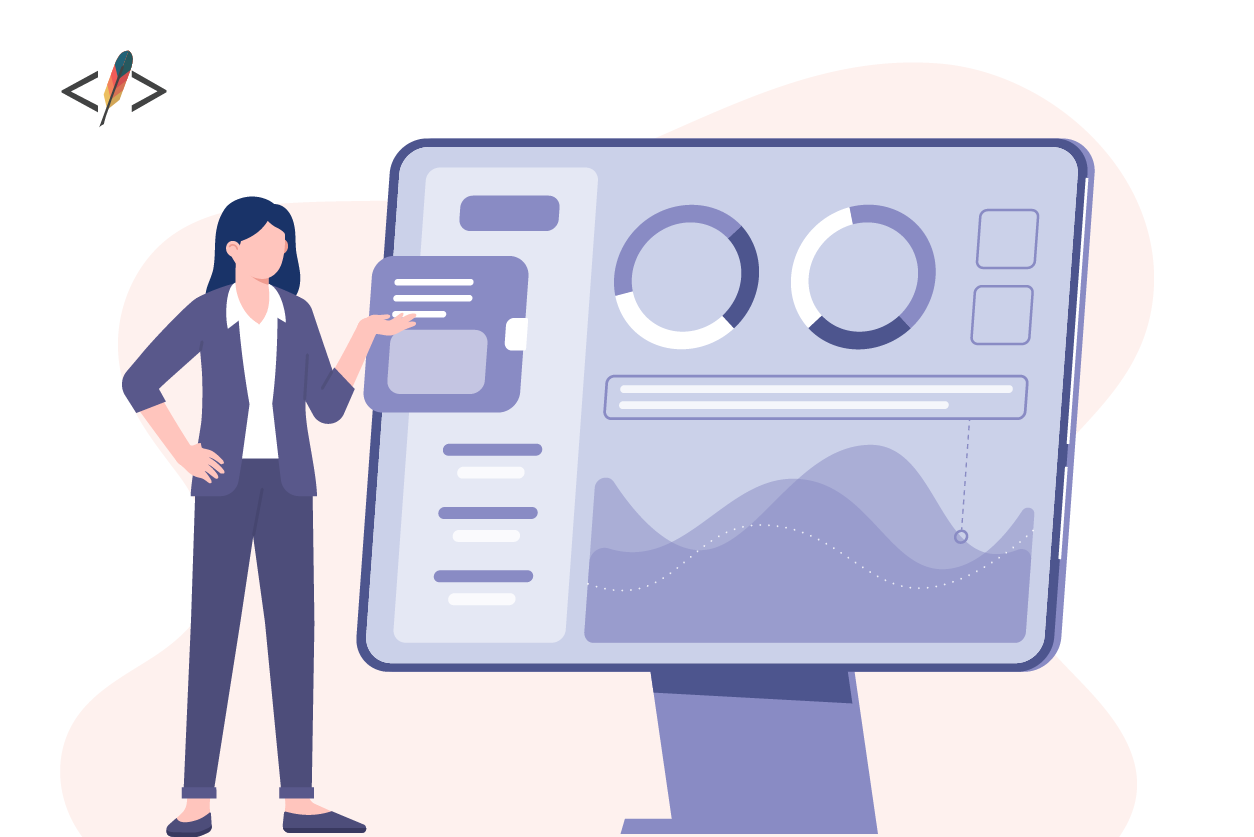

WordPress for Your Business Website: Is It The Best Fit?
Is WordPress the right choice for your business website? This article explains why WordPress, while popular and versatile, might not be the best fit for every business. It delves into the challenges of customization, maintenance costs, and platform limitations.
Should you use WordPress for your company's website?

As a business owner, I understand the allure of the path of least resistance. You have a million things on your plate and sometimes you just need an easy win.
When it comes to creating a website for your business, WordPress seems like the easy choice.
It's a popular platform, used by many and praised for its ease of use. However, as appealing as it may seem on the surface, using WordPress for your business website isn't always the best choice.
Let me explain why.
WordPress began as a blogging platform, and it still carries that DNA in its structure and functionality. While it has evolved over the years, it has become a sort of 'jack of all trades, master of none'.
WordPress can do a lot of things, especially with the support of plugins, but it isn't necessarily the best at any of them.
The illusion of avoiding custom development
Some business owners have the mistaken impression that by using WordPress, they are avoiding the costs and complexities of custom development.
The truth is, every business is unique and has custom website needs. While WordPress offers a wide range of plugins and themes that can add functionality and design to your site, these one-size-fits-all solutions often fall short of fulfilling specific business requirements.
As a result, your developer ends up writing custom code to modify these themes and plugins.
This code is specific to WordPress and isn't transferable. If you decide to move your site off WordPress, you may need to start over from scratch with specific features.
In the end, you're not really avoiding custom development; you're just locking it into a platform that might not be the best fit for your business.
The challenges of WordPress customization
It's entirely possible to customize a WordPress website... to some extent, at least.
While WordPress can be a great solution for simple sites, it can struggle to handle more complex functionality. Plugins and themes can only do so much.
As your website increases in complexity, getting a WordPress site to do what you want becomes trickier.
If your business requires advanced features such as a custom CRM integration, complex booking systems, or bespoke ecommerce functionality, you'll likely find WordPress to be limiting.
The more you try to customize a WordPress site, the more complex and convoluted the code becomes. This makes your site harder to maintain and update because you need specialized developers who are familiar with your specific customizations.
User experience also suffers. Bloated WordPress websites with a labyrinth of custom code are notoriously slow to load.
The surprising costs of website maintenance and updates
While WordPress itself is free, the costs associated with maintaining a WordPress site can add up.
Plugins and themes need to be updated regularly for security and performance reasons. If your site is heavily customized, these updates can break your site, requiring more time and money to fix.
Additionally, the more plugins you use, the more likely it is that one of them will have a security vulnerability that could be exploited. This puts your site and your data at risk.
WordPress isn't your only option for a business website
WordPress is a common, popular site builder. For many businesses, it's the path of least resistance.
It's easy to find WordPress developers. There are tons of plugins. It's affordable. All good things, right?
WordPress has its place, and it can be the right solution for some businesses. Still, it's important to consider the long-term implications. It may work in the beginning, but as your business grows and changes, you may find yourself trying to fit a square peg into a round hole.
A custom-developed website, on the other hand, is adaptable, scalable, and easily customizable. While it may require a larger initial investment, the long-term benefits often outweigh the costs.
So, before you decide to use WordPress for your business website, consider your specific needs, growth plans, and the long-term viability of your platform choice. After analyzing all of these factors, you may be surprised to see that a custom website solution makes the most sense.



